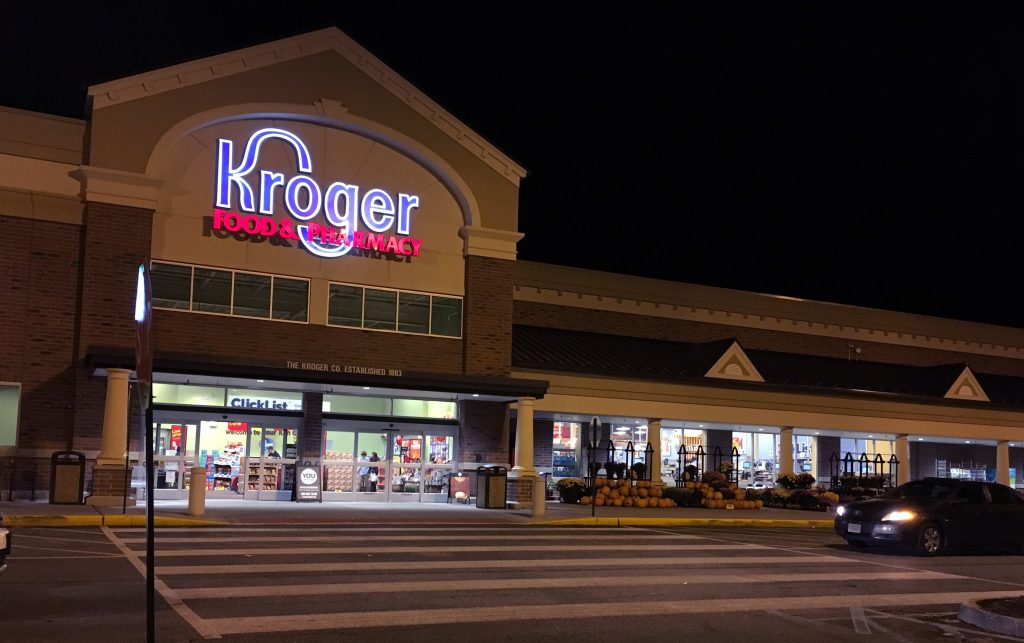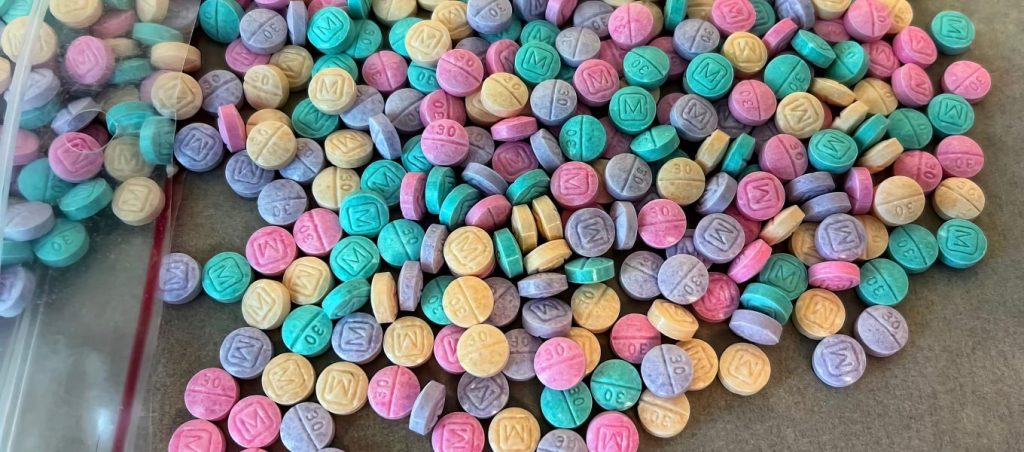Measure Would Block TikTok on State Computers and Devices
Proposed legislation would block access to social media platform with ties to Chinese Communist Party on state devices.
Proposed legislation would block access to social media platform with ties to Chinese Communist Party on state devices.

Earlier this fall Kroger agreed to pay $180,000 to settle a religious discrimination lawsuit with two former employees in Conway.
As part of the settlement, Kroger agreed to create a religious accommodation policy and provide better religious discrimination training to store managers.
In September of 2020 the U.S. Equal Employment Opportunity Commission filed a religious discrimination lawsuit against a Kroger store in Conway after two employees allegedly were fired for declining to wear rainbow-colored aprons at work.
According to the lawsuit, the employees believed the rainbow emblem was meant to endorse LGBTQ values and lifestyles, and felt that wearing it would violate their religious beliefs.
It may have taken two years, but it’s good to see a victory for religious freedom in this situation.
You can read the federal EEOC statement about the lawsuit here.
Photo Credit: Virginia Retail from Virginia, USA, CC BY 2.0 https://creativecommons.org/licenses/by/2.0, via Wikimedia Commons.

Last week KAIT reported that the 2nd Judicial District Drug Task Force seized 100 pounds of meth and 390 grams of fentanyl in Northeast Arkansas earlier this month.
The drug task force reportedly is made up of law enforcement from multiple agencies.
According to the DEA, fentanyl is a synthetic opioid that is 50 times more potent than heroin and 100 times more potent than morphine.
Two milligrams of fentanyl is considered a potentially lethal dose.
That means 390 grams of pure fentanyl would be enough to kill as many as 195,000 people — nearly every man, woman, and child in Little Rock.
In 2019 and 2021 the DEA and the U.S.-China Economic and Security Review Commission reported that China and Mexico are the primary sources of illicit fentanyl in the U.S.
In November the U.S. Treasury Department issued sanctions against the La Nueva Familia Michoacana drug cartel from Mexico for smuggling illicit drugs — including fentanyl — across the United States.
Earlier this fall Arkansas Attorney General Leslie Rutledge warned parents about the increase in “rainbow fentanyl” pills that look like candy.
And last month the FBI arrested 45 individuals believed to be tied to large-scale trafficking of fentanyl, marijuana, and other drugs in Arkansas.
Nationwide, fentanyl, marijuana, and other drugs are big business for drug cartels.
States like California, Colorado, and Oregon hoped that legalizing marijuana would weaken the cartels, but instead the opposite happened. Illicit marijuana operations have skyrocketed in those states, and the opioid epidemic continues.
Arkansas needs to take steps to decrease drug crimes and alleviate drug problems, but legalizing drugs isn’t the answer. If anything, legalization seems to make those problems worse.